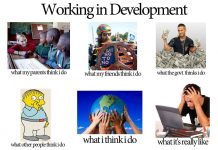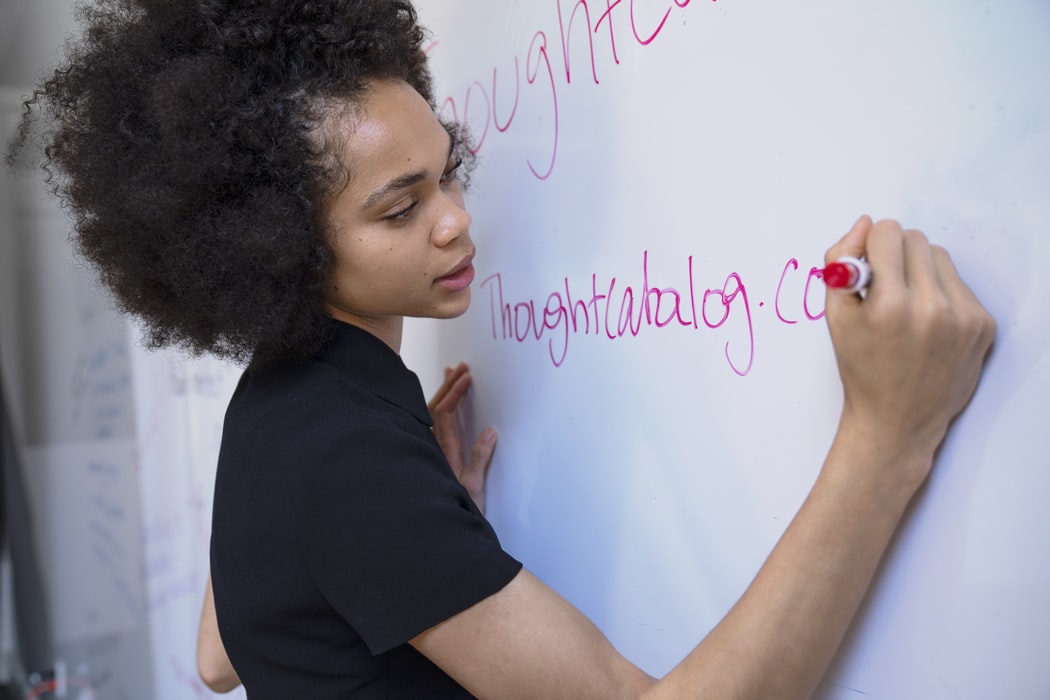What does it mean to be committed in promoting and protecting children’s rights? How can everyone contribute to this purpose?
“Hope for Children” CRC Policy Center, the hosting organisation where my EVS project took place, is engaged in working together with national, regional and international advocacy institutions, as well as in bringing together the specialized expertise of judges, lawyers, psychologists, medical practitioners, mediators, counsellors, mental health workers, media representatives, child cares, teachers and allied professionals to effectively contribute to promote and protect the interests of the most vulnerable group in society, children and youth.
The organization has implemented diverse projects funded by the European Commission and other donors, as well as self-financed programmes related to its mission and addressing the intervention from multiple and different perspectives. One of those, where I was deeply involved together with other EVS volunteers, focuses on children’s rights education in schools. Our work specifically included the development of non-formal education activities in one-hour sessions delivered every week to three different groups of students per age and grade through the use of “Compasito Manual” on human rights education for children” (Council of Europe).
The programme was separated in two main parts: for the first 4-5 months, it aimed to provide the students with a general knowledge of the UN Convention on the Rights of the Child by analysing, discussing – and also playing and having fun. The grade of awareness on the importance of some contemporary issues related to children’s rights and especially the passion that they showed us literally surprised all of us. During the second part of the programme, the children developed their own projects to raise awareness on children’s rights in their school environment or even outside. Social media initiatives, videos, posters, leaflets, and many other ideas, were the main projects that they worked on to actually feel responsible and empowered in order to spread the message, get their peers to know what they had learned and, why not, make a change, no matter how small.
I strongly believe that education can really make a great change in decision-making, especially in a forward-looking perspective. Education, closely linked to advocacy and communication, is one of the most important instrument we have to empower our children and make them understand that the protection and promotion of children’s rights and human rights in general is not only something that must be guaranteed, but that we are all responsible in the first place for our rights – from the earliest age.














